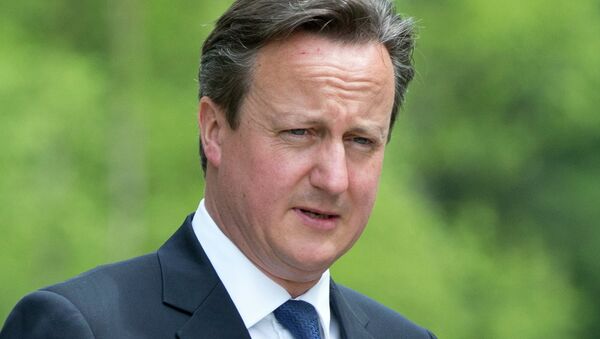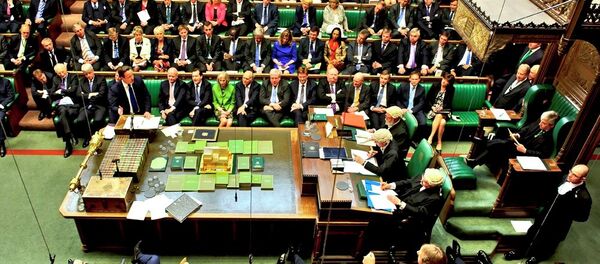Cameron had been reported to have taken advice that a quick referendum would favour a Yes-for-staying-in the EU vote and hinted that it could take place on the same day local elections are taking place in May 2016.
He told reporters: "I think the British public are quite capable of going to a polling booth and making two important decisions rather than just one."
"Establishment stitch-up” claim from @bernardjenkin to @hilarybennmp over #EURef and #purdah rules #bbcdp pic.twitter.com/JecUvm7uIl
— DailySunday Politics (@daily_politics) June 16, 2015
However, his own chancellor and critics said the referendum should be held on a day of its own. Pat McFadden, Labour's Shadow Europe Minister said:
"We never thought it was a good idea to combine the referendum of such importance with local elections. Local elections are a different dynamic with parties fighting each other. In the referendum it is a different question, a yes or no to our constitutional future."
#EUReferendum will not be on 5 May 2016 as Government rules this day out-but when will it be? Personally feel it best to make date known now
— Spencer Pitfield (@SpencerPitfield) June 16, 2015
That would mean a 2016 referendum would happen some time between June and December 2016. Despite the fact that Cameron promised an In-Out referendum on the UK's continuing membership of the EU, it is thought unlikely it will take place during 2017, as this would clash with important elections in Germany and France.
For those interested, I can tell you that the UK's EU referendum date will either be 15 September 2016 or 4 May 2017. #EURef @guardian
— Matthew Lumby (@MatthewLumby) June 16, 2015
Cameron "Misinterpreted" over Resignation Calls
Last week, Cameron had to deny claims that he had told cabinet ministers that any of them campaigning to take the UK out of the EU should resign their positions.
MPs are on Tuesday beginning the committee stage of the European Union Referendum Bill, which will enact the legislation that will trigger the referendum.
A day after his comments were widely reported in the British media, Cameron appeared to back-track, with Downing Street insisting that Cameron had been "misinterpreted" and that he was "clearly referring to the process of renegotiation" meaning that ministers will only have to resign if they are unhappy with the deal he is trying to do with Brussels.



